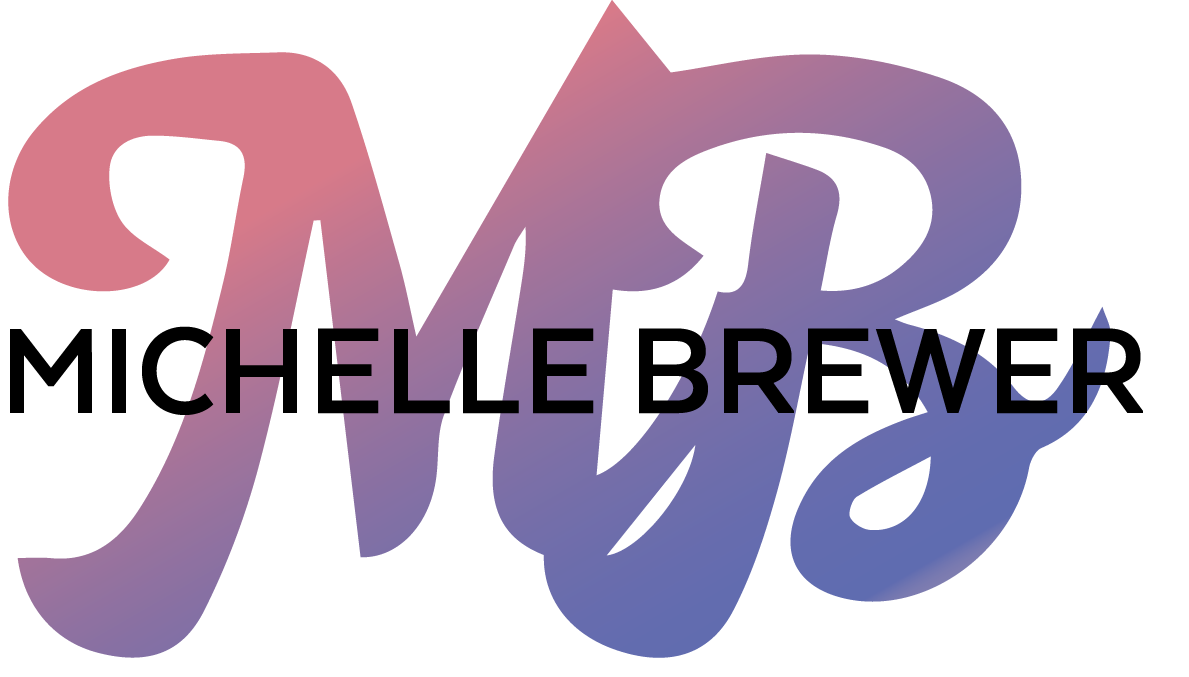FREQUENTLY ASKED QUESTIONS
What is your counselling approach?
Tell me about counselling sessions?
Sessions last 50 minutes. They are held either in my office or over Skype. Payment options are cash, cheque, credit card or PayPal.
What happens in a Mindful Meal meditation?
Mindful meal meditations always start with 10 minutes of meditation. There are a number of reasons for this. Meditation allows you as an eater to be keenly aware of your bodily hunger signal and for the type and amount of food your body wants. It is hard to know what enough is if you can’t hear the signal for it. The mindfulness fostered in meditation also allows you to be present with your food. Its pleasure makes the psychological satisfaction from eating possible. For the mindful meal you can be on a chair or on a mat, depending on your preference. After meditation, you prepare for eating first by spending a moment in gratitude for what you have in front of you and next by taking in your food through sight and smell. Then you begin a slow, sense-heightened experience of eating. I put several pauses throughout the meal to foster the slowing down process and the quiet to hear what beliefs and reactions you have around food and eating. Afterward, there is a reserved time for sharing about your experience if you desire or for asking questions related to mindful eating.
What do I bring to a Mindful Meal meditation?
First and foremost, bring a delicious meal. This is essential. It helps to bring something to write in like a journal. Writing allows you to capture and solidify the experience and any insights. Also bring a mat if you prefer sitting on the floor. There are chairs but we don’t sit at a table. Mindful meals are powerful in how they ease you into new habits. The best way to do something differently, is to do it differently. So, in this case, you give up the table to shake up the status quo. Most importantly bring your curious and compassionate mind. That said, many people also bring a friend. It can be more fun that way. 

Where are Mindful Meal meditations and other events held?
First, I hold regular semi-monthly mindful meals, usually at Westwood Unitarian Church on the southside or at the Unitarian Church of Edmonton just west of downtown. You bring your own food to these. Second, I hold classes through Metro Continuing Education or out of my space. Third, I partner with several places for special Mindful Meal events either catered (Blush Lane Organic Market or Noorish Conscious Eatery) or not.
What counselling do you provide?
I provide all kinds of counselling for all kinds of people who have all kinds of issues. Food is simply a powerful way in so to speak. Issues with food though are not necessary to having me as your counsellor. What is key to the success of any potential therapeutic relationship is that you feel comfortable with and respected by me. To learn more, see: “What is your counselling approach?” in this menu.
How do you provide support for people outside of Edmonton?
Skype means there are no limits to my being able to provide you support if you are outside of Edmonton. Thank you technology!
Can you explain more about your PhD dissertation?
I am writing a feminist critique of the book Dialectic of Enlightenment by authors Max Horkheimer and Theodor Adorno. It is pivotal book that comes out of the neo-Marxist tradition called Critical Theory. That is, it maintains the idea that the ending of oppression should guide philosophy, but it differs from traditional Marxist views in that it doesn’t believe that class oppression is the central underlying element. Instead, influenced by earlier German philosophy, Critical Theory holds that the fundamental dynamic is the human domination of nature. Nature here is understood in three ways: as the environment, as our internal nature (influenced by Freud’s drive theory), and then as the social other (bringing back social oppression, but not seeing class oppression as fundamental). Horkheimer and Adorno were writing as German Jews in exile the 1940s. They were trying to come to terms with the Holocaust, especially in light of the promises of the Enlightenment and modern rationality. In this case, its fruit technology had been an instrument not of the betterment of the human condition but for its destruction. In their book they make a provocative case that Jews have been seen in terms of nature in the West. They ask if the ‘motor of history’ is the human domination of nature and if Jews have been seen terms of nature, could this explain their fate? I build on the contention of oppression being the result of a human domination of nature. But I turn my attention from the Jews to women, who have long been seen in terms of nature. I find that the book’s arguments are more cogent and cohesive from this perspective. It has led me to the position that the oppression of women is the pattern for all other oppressions. That does not mean it is historically worse than any others. But that it is the one that needs to be understood and dismantled for there to be comprehensive and effective social justice.
Who made your website design?
Natasha Clark of FourEyesCommunications.com and Lynne Risk at LynneRisk.com created the website, the design, the copy and more.
